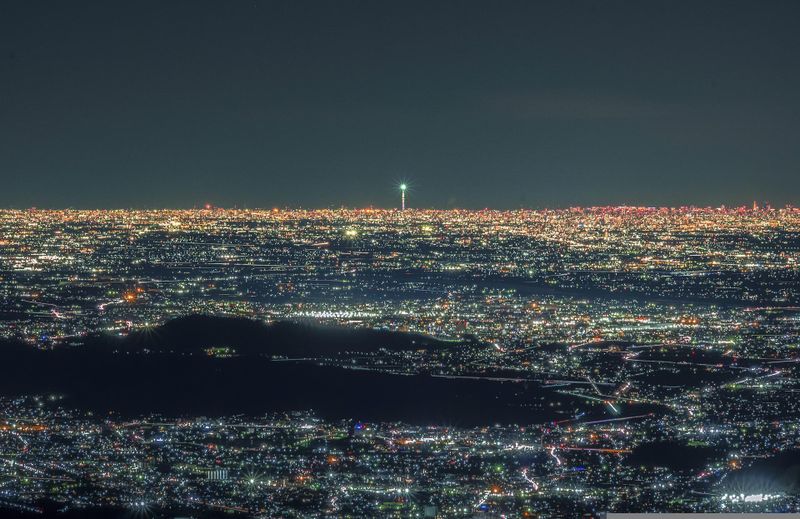Jun 8, 2022
Gov't calls on public to save electricity this summer amid supply crunch

The Japanese government said Tuesday that it will call upon businesses and households across Japan to save electricity this summer and the following winter due to a severe power supply and demand situation.
It’s the first time in seven years that such a call has been made and comes on the back of a meeting to discuss power supply and demand held by the government for the first time in five years in response to an energy supply affected by an increased shutdown of thermal power plants, lifestyle changes due to the coronavirus pandemic, and uncertainty surrounding fuel supply following Russia’s invasion of Ukraine.
“In summer and winter this year it is very likely that we will have to suffer a severe power crunch,” Chief Cabinet Secretary Hirokazu Matsuno said during a press conference following the announcement on June 7.
“We are going to take measures to stabilize the supply, however it is difficult to take short-term measures so we have to address the demand side,” he said.
In a report detailing measures to address electricity supply and demand in FY2022 the government said that it has secured the reserve supply-demand ratio of three percent - the minimum needed for a stable energy supply - for the summer, however the forecast for July is for the ratio to fall to 3.1 percent in the service areas of Tohoku, Tokyo, and Chubu electric power companies, a situation that is extremely severe, according to the report.
An even tighter supply and demand is expected over winter. In January, the reserve ratio in Tokyo is expected to fall to 0.6 percent, while the reserve ratio in Chubu, Kansai, and other areas will be 1.3 percent. This is the most challenging outlook for the Tokyo area since FY2012.
As part of measures to address the power supply, the government plans to maximize the use of renewable energy sources as well as the use of safe nuclear power, based on the understanding of local communities.
To address demand for energy over the summer, the government will ask the public to cut back on electricity use from July through September, including turning off lights in unused rooms and avoiding overloading refrigerators, among other measures.
“This summer we will ask people to cut back on electricity, although we will try not to have an impact on people’s lives and corporate activities,” the chief cabinet secretary said.
While the government stated in its measures that it does not intend to issue numerical energy-saving targets over the summer, it plans to discuss the possibility of doing so to address energy demand over the following winter, and will examine how to smoothly implement usage restriction orders and scheduled blackouts should the situation require.
Measures also include a review of how information on possible power shortages can be delivered, and the creation of a new alert to be issued the day prior to an expected shortage.
The Meeting on Electricity Supply and Demand was established in response to electricity supply shortages that occurred after the Great East Japan Earthquake of March 2011.
Following the earthquake, electricity demand in Japan decreased significantly especially over summer due to energy-saving efforts. In recent years however, demand has been increasing. In the summer and winter of FY2021, energy demand exceeded the assumed maximum demand in multiple areas of the country, according to the government.
The increase in demand is thought to have been influenced, in part, by changes in people’s lifestyle and behavior as a result of the coronavirus pandemic.
The government's call to save electricity this summer came after one of Japan’s more familiar energy-saving initiatives recently got underway in some workplaces - Cool Biz. Encouraging workers to dress in lighter clothing between May and October in order that air conditioning temperatures in workplaces can be set at 28 degrees Celsius, Cool Biz began in 2005 as an initiative to help tackle global warming.
During the press conference on Tuesday, Chief Cabinet Secretary Hirokazu Matsuno was sporting a short-sleeved "kariyushi," the traditional shirt worn in Japan’s southernmost prefecture of Okinawa.
“It’s comfortable. I think this is very suitable clothing for Cool Biz,” he said of the shirt.



0 Comments